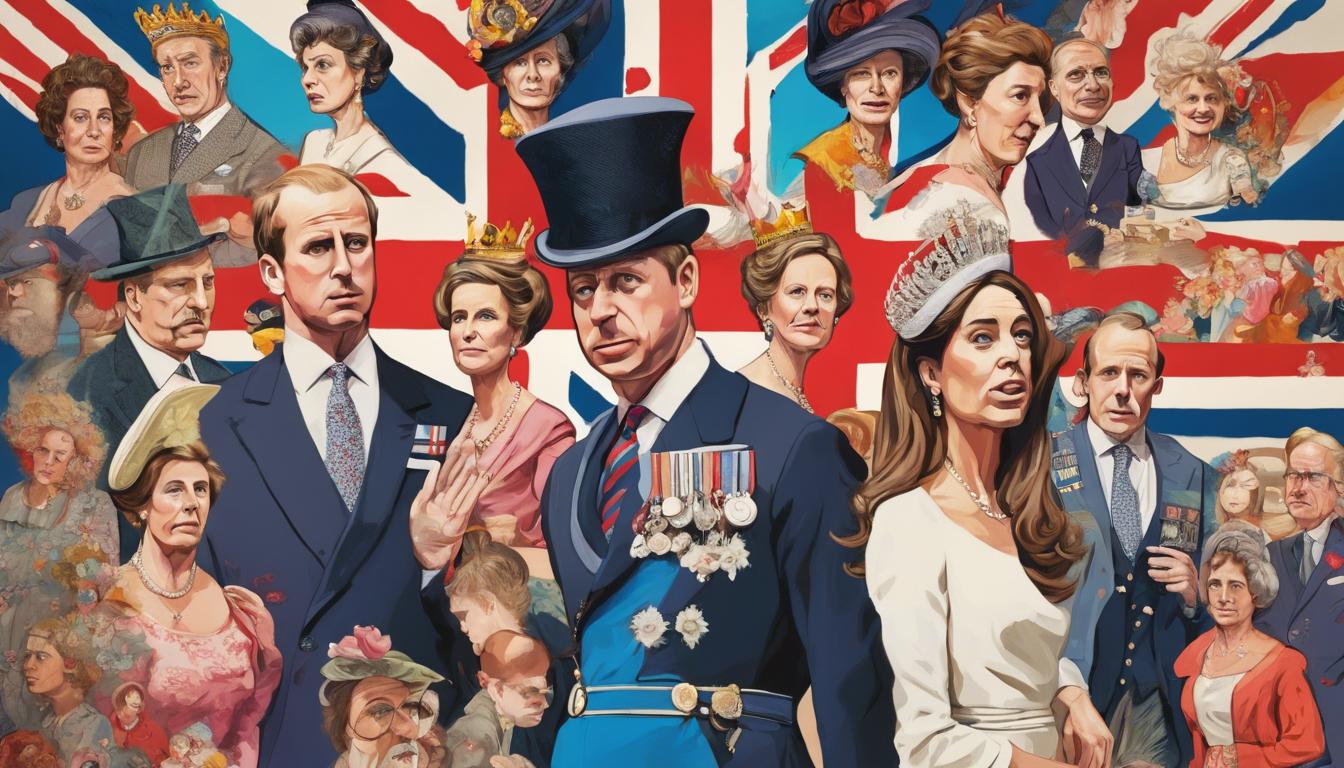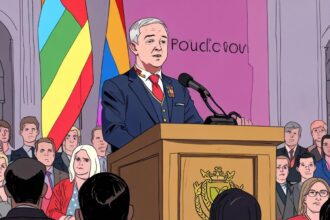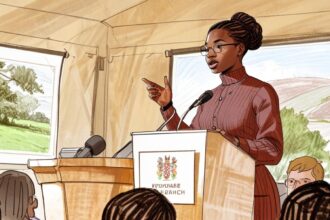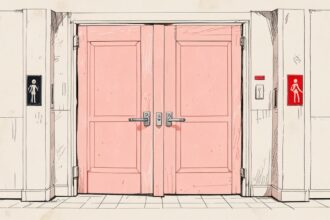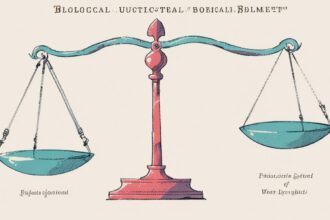Recent health revelations about King Charles III and Kate, the Princess of Wales, alongside a series of media controversies, have stirred robust debate and speculation concerning the British royal family.
Recent reports concerning key members of the British royal family, notably Kate, the Princess of Wales, and King Charles III, have ignited widespread speculation and debate. Kate was admitted to the London Clinic for abdominal surgery in January, raising concerns about her health. Following her surgery, it emerged that King Charles was treated for an enlarged prostate, which was later confirmed to be cancerous. These events, coupled with Prince Harry’s brief return from California and Prince William’s absence from a memorial service, intensified public interest and speculation.
The situation was further complicated by an edited official family photo, leading to questions about its authenticity. Kate, maintaining her composure amidst the speculation, apologized for the confusion the photo caused and addressed the public’s concerns via social media.
Additionally, an investigation into an alleged intrusion into Kate’s medical records during her hospitalisation added to the ongoing scrutiny of the royal family. Amidst these developments, a video allegedly showing Kate Middleton at a farm shop came under scrutiny, with Rachel Johnson, a prominent figure, questioning its authenticity and the impact on royal media strategy. Despite debates over the video’s validity and the implications for privacy and media perception of the royal family, it has sparked further discussions on the challenges faced by the royals in controlling their public image against media manipulation and intrusion.
This series of events surrounding the health concerns of King Charles III and the Princess of Wales, combined with the controversy over the family photo and the debated video, exemplify the intense public and media interest in the British royal family’s personal affairs.


